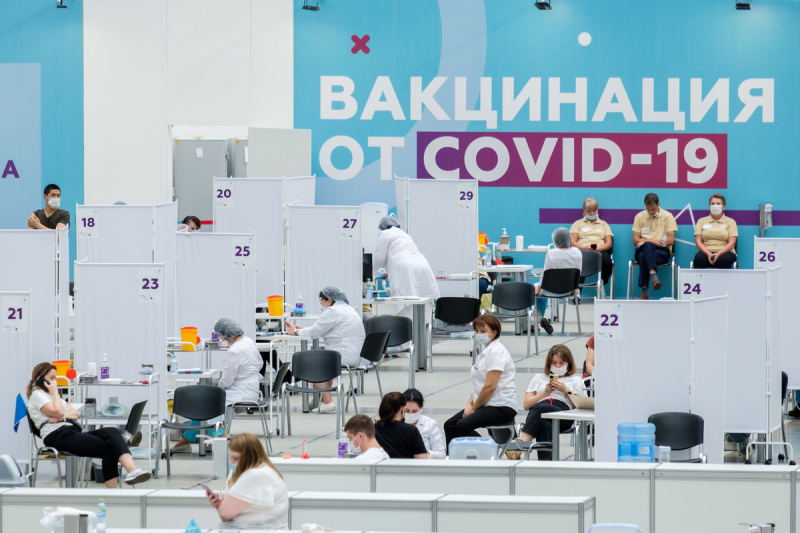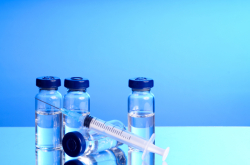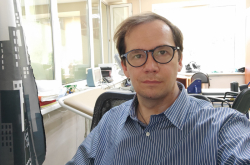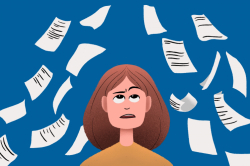Vladimir Vasilyev
Rector of ITMO University
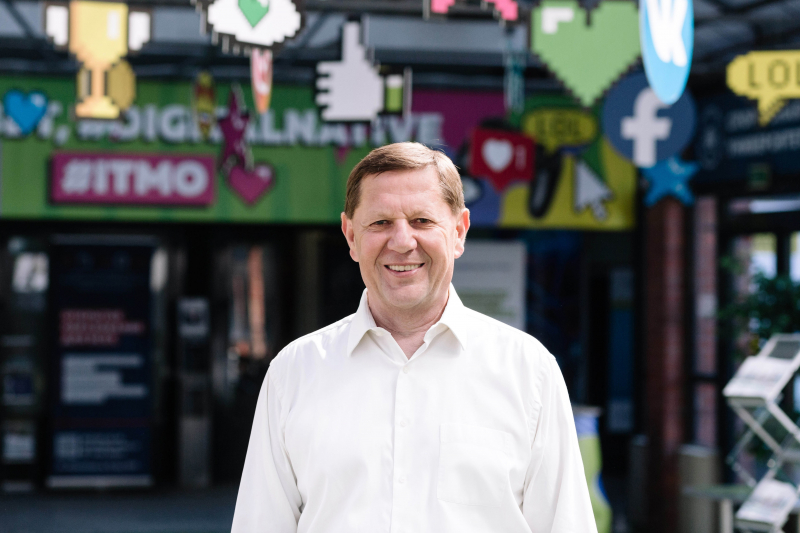
Vladimir Vasilyev. Photo by Dmitry Grigoriev, ITMO.NEWS
We need to understand that the vaccine doesn’t give 100% protection against the virus, but it will be able to help prevent severe cases of the disease. Moreover, if you do get sick, you will be a source of infection not only for your loved ones, but also for everyone you come in contact with.
Naturally, I had my doubts before vaccination. It’s a well-known fact that usually vaccines undergo lengthy tests and clinical trials that can last between six to eight years. The COVID-19 vaccines, on the other hand, appeared in a very short period – within a year.
On the other hand, we understand that such speed was gained as a result of a large amount of investments and contributions, not only financial ones. It was thanks to new research groups and large-scale clinical trials done within a time limit, which required maximum effort from scientists, healthcare workers, and volunteers.
I based my decision to get vaccinated on the opinion of my colleagues, experts in the field of dangerous infectious diseases and vaccines. Above all, that includes specialists from the Chumakov Federal Scientific Center for Research and Development of Immune-and-Biological Products of the RAS who we collaborate with. I have also had many a conversation with ITMO’s own experts who explained that there was nothing dangerous about the new vaccines.
Daria Kozlova
First Vice Rector of ITMO University
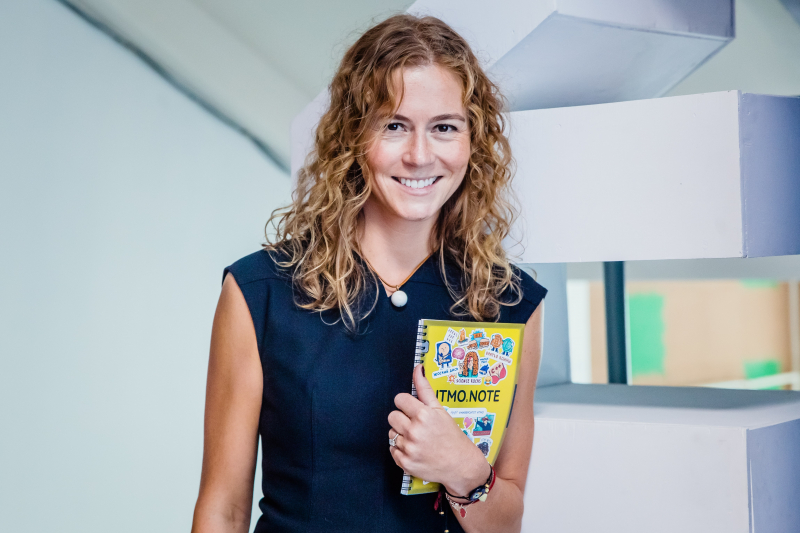
Daria Kozlova. Photo by ITMO.NEWS
Communication is a very important tool for development, which is why I am against any obstacles for personal communication, meetings, events, and work.
When I started working at ITMO, I accompanied the Rector on a business trip, which was quite far away, even though we ended up only having two hours for a meeting with our partners. Back then, Dr. Vasilyev told me that it was important to have a face-to-face conversation. Since then, I always stand by this principle. Many important decisions are better made at face-to-face meetings. That’s why for me getting vaccinated is an opportunity to keep in-person communication in my life.
Our researchers in bioinformatics were among the first ones to get vaccinated. I have a lot of respect for them, they are professional researchers with systems thinking and publications in the likes of Nature and Science. Their choice was one more confirmation for me that our medical science is excellent and I can trust it.
Marina Dukhinova
Senior researcher at ITMO’s ChemBio cluster and an immunologist
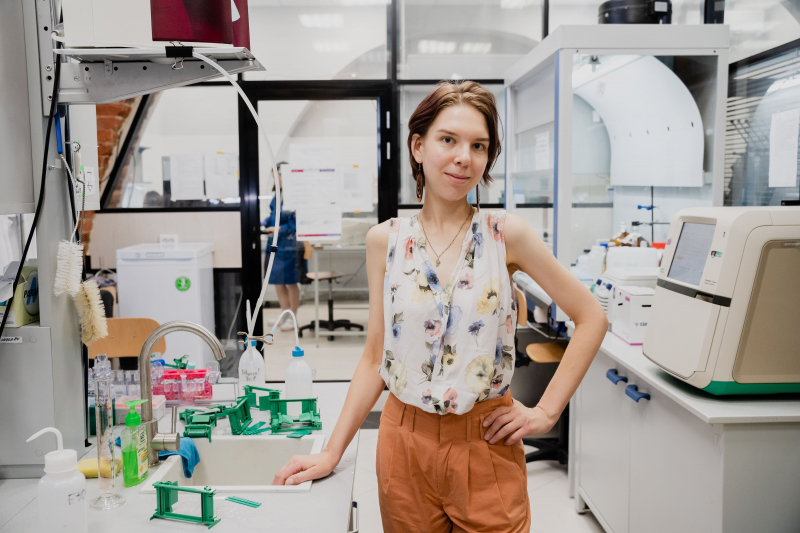
Marina Dukhinova. Photo by ITMO.NEWS
As I am a cellular biologist and an immunologist, I only read scientific publications on this question, preferring not to rely on personal opinions. I trust Russian vaccine developers, so I decided to get vaccinated with Sputnik V.
Sometimes, published articles contradict each other, but all known side effects for the SARS-CoV-2 vaccines are documented, and the safety of getting vaccinated with a Russian-made vaccine hasn’t been disproved.
My decision to get vaccinated was influenced by my desire to stay active professionally and keep teaching, as well as a matter of convenience. The vaccine helped me to largely maintain my pre-pandemic lifestyle.
The scientific community explicitly supports vaccination – not only against COVID-19 but as a general practice as well. It’s a precaution against diseases in children and flu epidemics. But I want to note that vaccination, just like any other medical procedure, has to be accompanied with certain checkups and control, so that each patient can be sure it’s safe for them.
Vladimir Ulyantsev
Head of the International Laboratory “Computer Technologies”
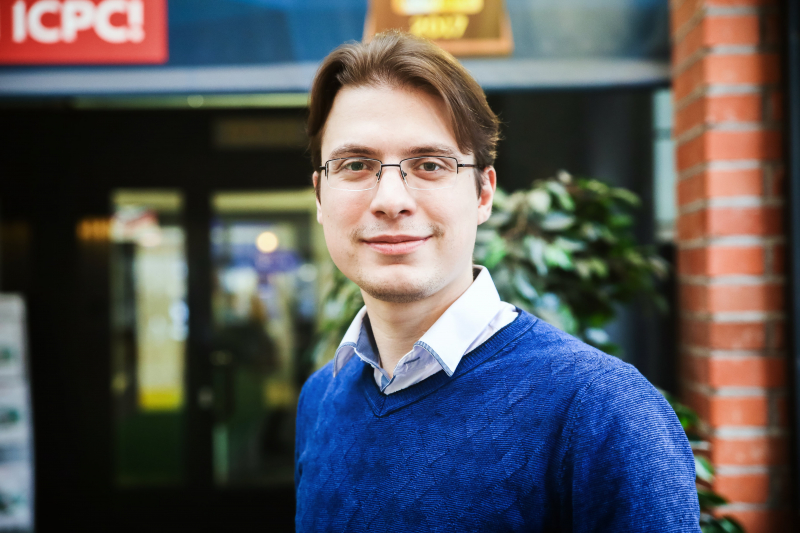
Vladimir Ulyantsev. Photo by ITMO.NEWS
There is no other tool for preventing an epidemic more efficient than mass vaccination, especially when coupled with lockdowns. The same can be said about the current situation, too.
It’s not COVID-19 alone, there were many other outbreaks throughout history: smallpox, poliomyelitis, measles, etc. And many people know about these diseases mostly from textbooks simply because of the high level of vaccination in our country.
To make a decision, I turned to research, consulted with our partners from the medical sector, and studied articles about vaccine safety on the net.
I didn’t want to infect others just as I didn’t want to get infected myself. And it was also a chance to forget about some extra COVID-19 tests when going to an event.
I got vaccinated in February. Back then, people were still not fully sure about Sputnik’s safety, and now we have much more statistics from other countries, too.
My team in the lab sees vaccination as something mandatory. Nearly 75% of us are fully vaccinated. Our colleagues from the bioinformatics field share our views, and some of them even take a stand against the anti-vaccination movement online.
Nikolay Budin
Student of the Programming and Artificial Intelligence Master’s program and contestant of the ICPC competition in 2021
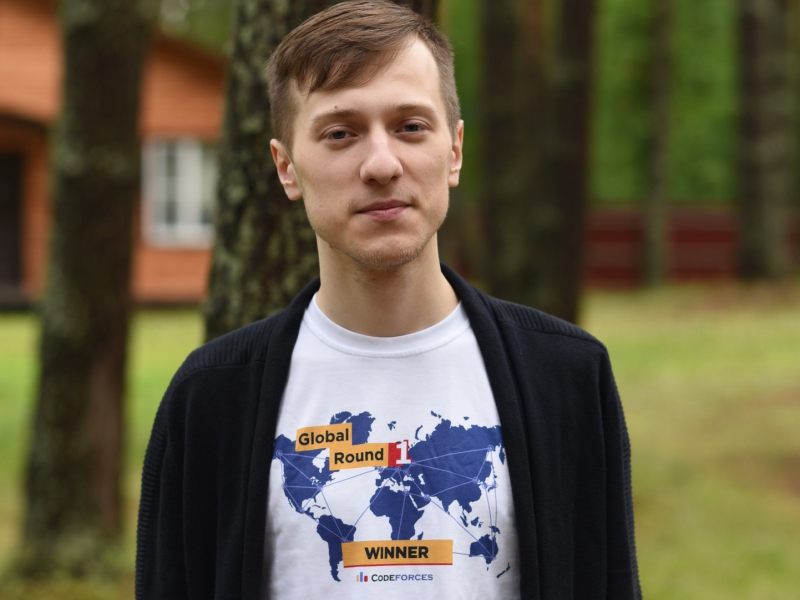
Nikolay Budin. Photo courtesy of the subject
There are two reasons why you should get vaccinated. Firstly, this way you can protect yourself from the disease and, secondly, help the world to reduce the threat by developing herd immunity.
I’d been thinking about doing it for a long time but couldn’t get myself together and kept putting it off. Eventually, I had to get vaccinated anyway as I got into the final round of the ICPC contest (the largest and most prestigious programming competition among the universities of the world – Ed.). All of the contestants must be vaccinated to participate in the competition.
While making my mind up, I heavily relied on what I read online and heard from my doctor friends. I felt hesitant because I couldn’t find accurate information about vaccine registration and testing. But after several refereed academic journals like Lancet and Nature published generally positive reviews about Sputnik V, I started to trust the vaccine more.
After the vaccine, I feel more comfortable to be out in crowded public places and university, as well.
Ivan Timakhovich
Fourth-year Bachelor’s student at the Faculty of Technological Management and Innovations and head of the Hult Prize Community and the ITMO Adapter student club
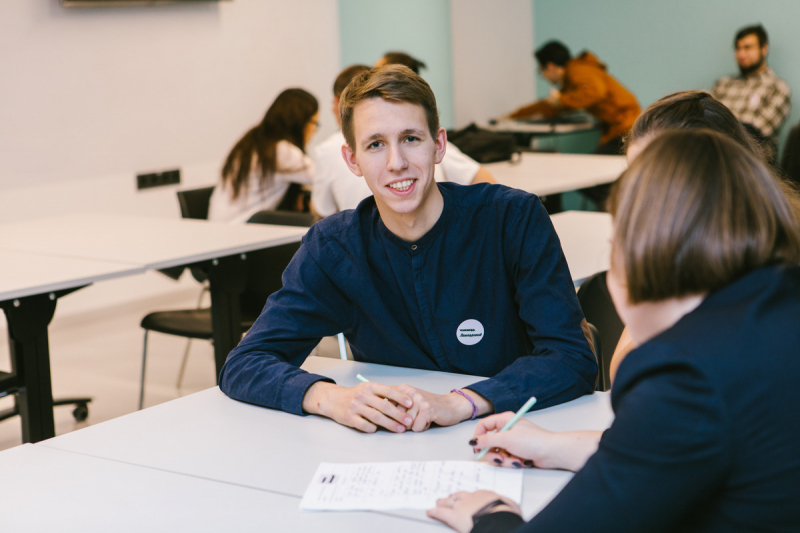
Ivan Timakhovich. Photo courtesy of the subject
Vaccination is the most effective way to protect yourself from severe disease and serious complications. I must admit I had some doubts about the efficacy of the vaccine mostly because of all the spooky talks of my friends who allegedly knew some medical specialists. But once I dived more into scientific research and understood how vaccines work, they all went away.
Before I made the final decision, I read loads of articles, studied various reviews, and listened to podcasts about vaccination. I also explored the стопкоронавирус.рф website right before I got my vaccine. All of them referred to an article on Lancet, which ultimately helped me make up my mind.
And now, I encourage others to get the vaccine, too, and explain to them how it all works. But not everyone, only those who are ready to hear me out.
